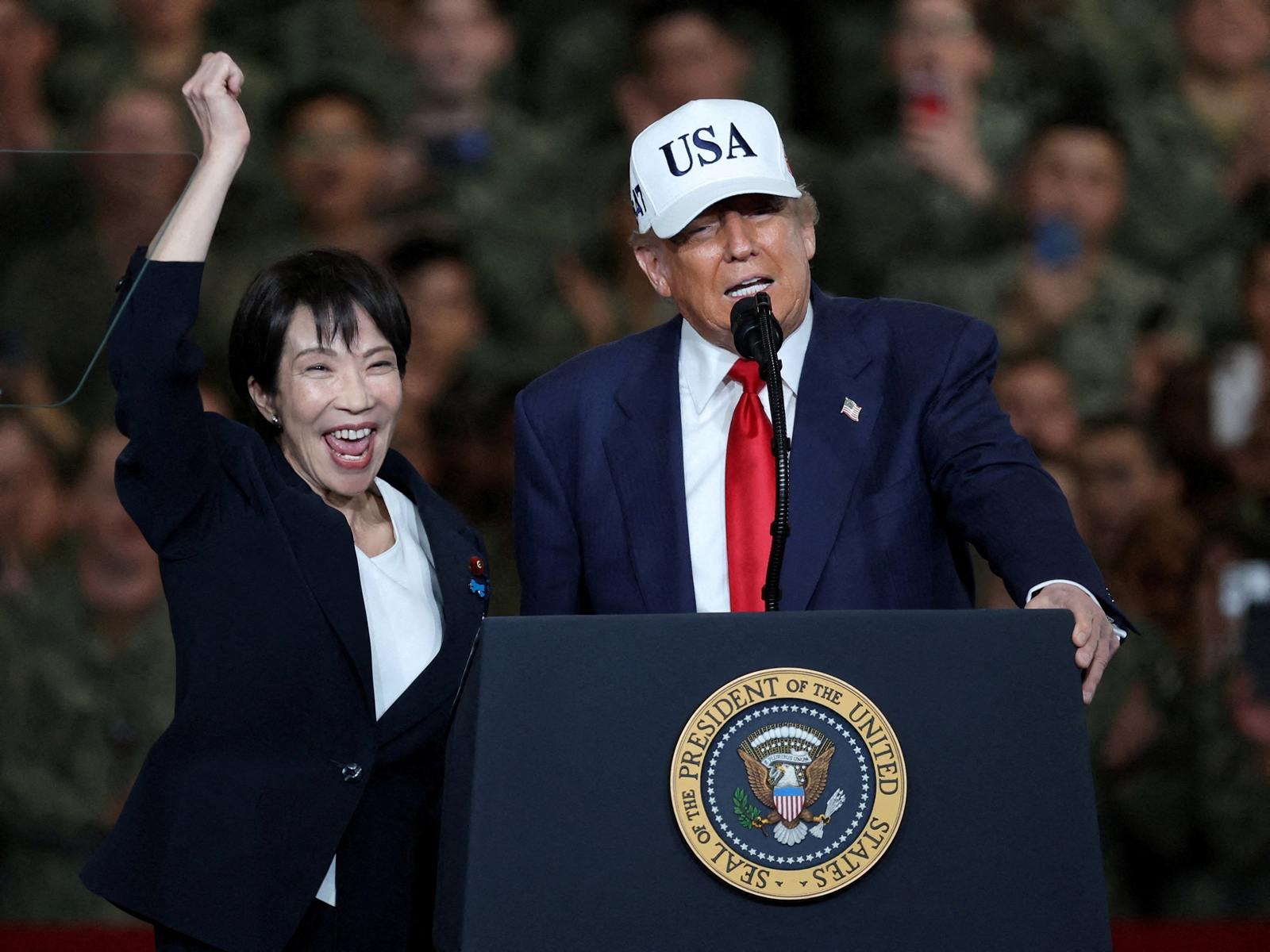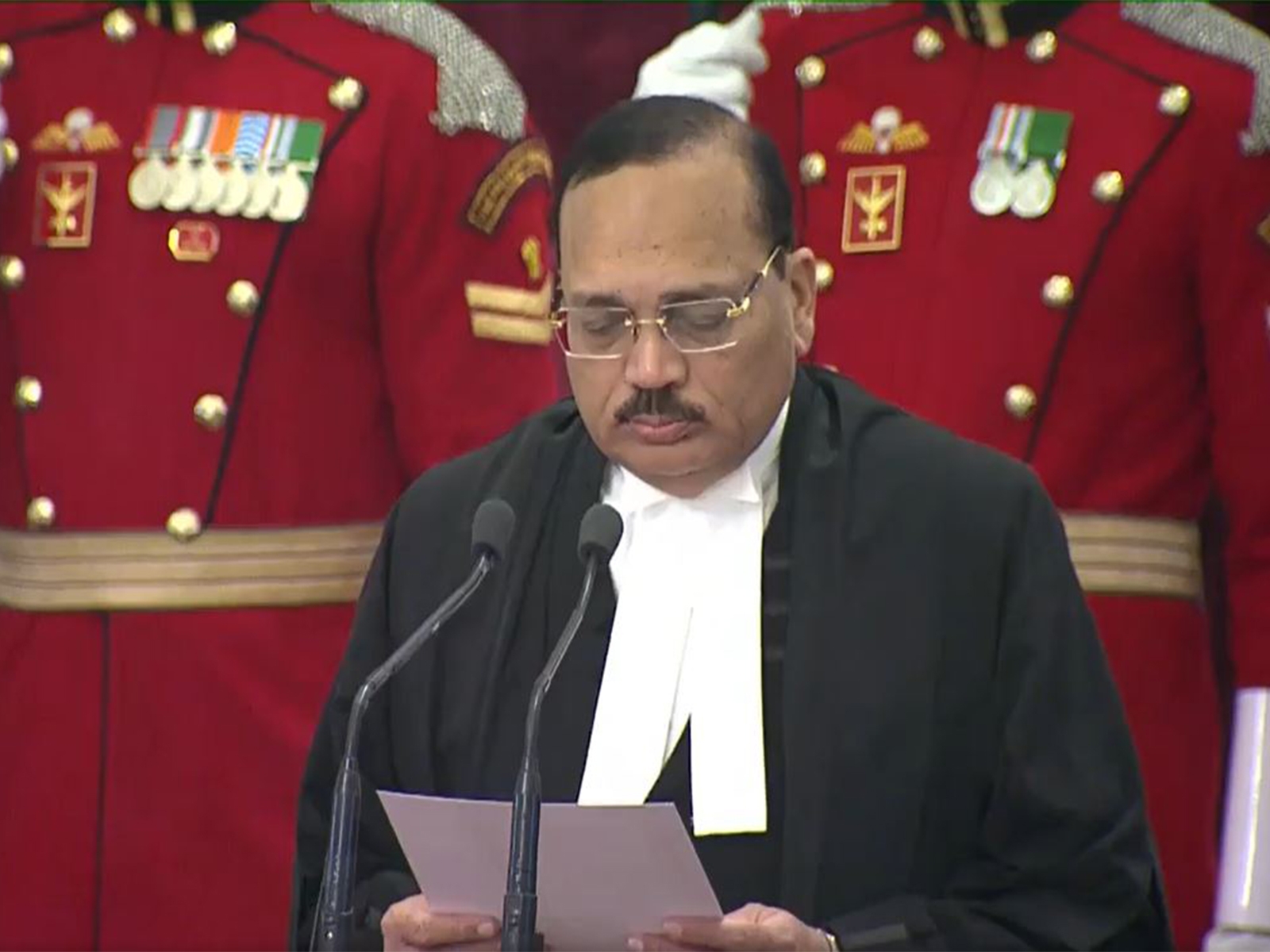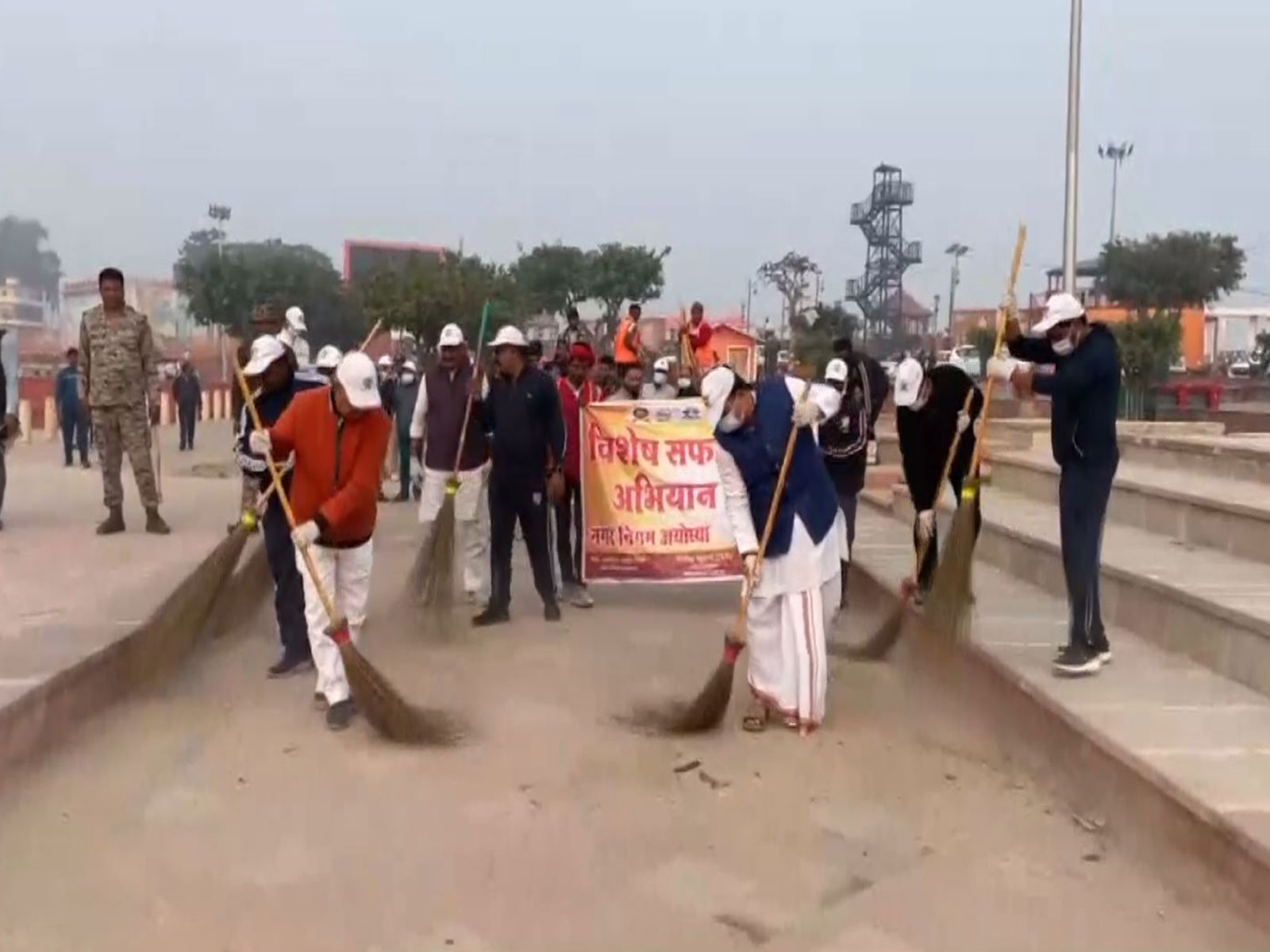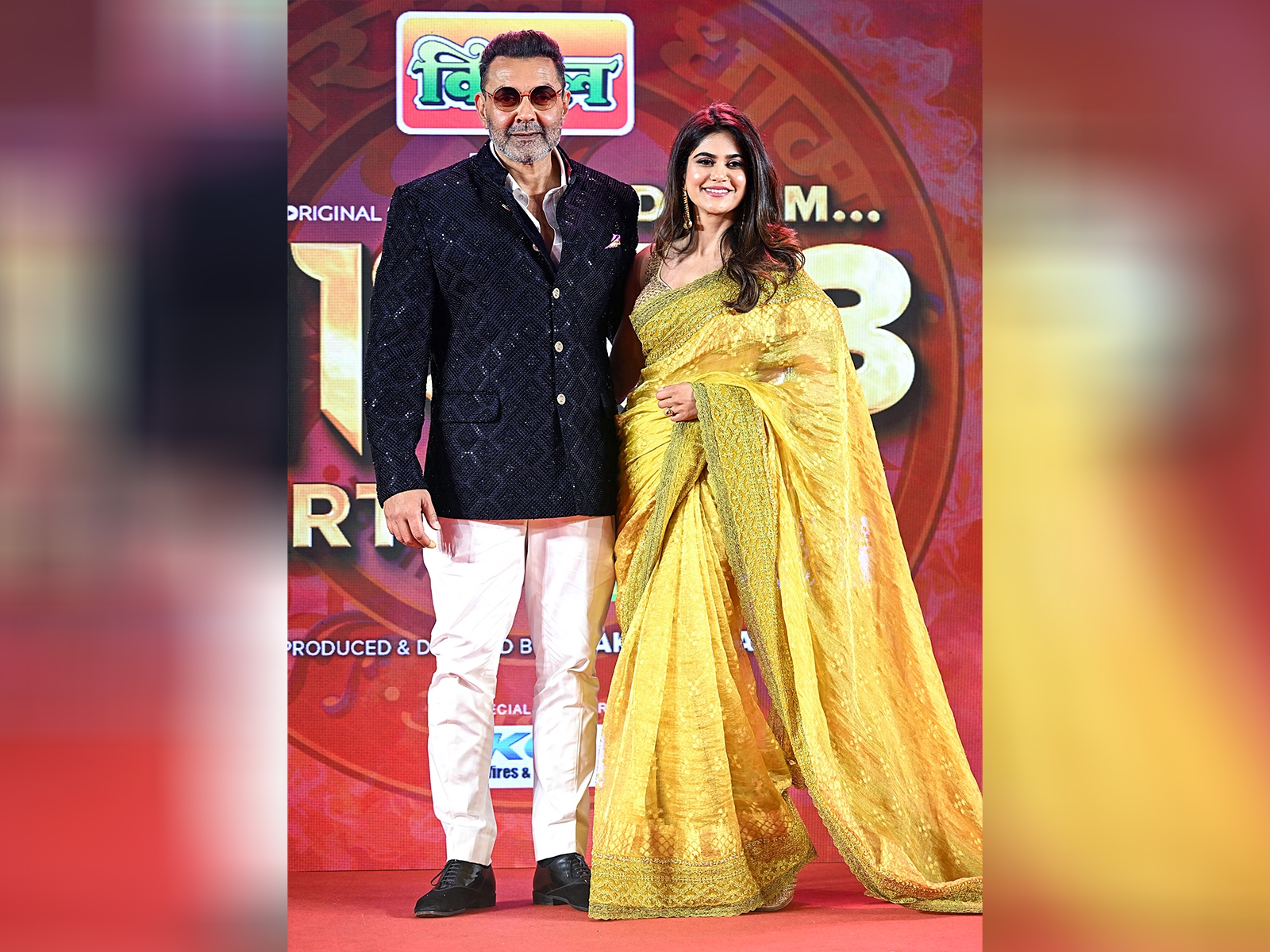Wrong watchdog: the case against Modi's CVC choice

The flashpoint
- The Central Vigilance Commissioner is supposed to be a strong anti-corruption watchdog
- The appointment of KV Chaudhary as CVC and TM Bhasin as Vigilance Commissioner by Modi govt has been challenged by a petition in the Supreme Court
- The petitioners allege that neither have the \'impeccable integrity\' required in a body like the Central Vigilance Commission
- Procedures weren\'t followed; and the selection committee wasn\'t informed about their background
- PM Modi, who chairs the selection committee for the CVC, ignored these concerns and went ahead
The allegations
- Chaudhary was investigating illegal offshore accounts, but made very little progress
- He met former CBI chief Ranjit Sinha, when income tax officers under him were being investigated by the CBI, and his own role was under scrutiny
- At the same time, he was also looking into the hawala dealer Moin Qureshi case. Qureshi, in turn, seems to have been in touch with Ranjit Sinha during this time
- Ironically, Bhasin was indicted in a CVC inquiry. CVC also approved departmental action against him
- Both Subramanian Swamy and Ram Jethmalani have voiced vehement opposition to the appointments
The Central Vigilance Commissioner was meant to be an important anti-corruption watchdog. Unfortunately, like most appointments in India, this too has become victim to partisan political games. Four years ago, the BJP had put the UPA government on the mat for its selection of a Chief Vigilance Commissioner. Now the tables have turned and it's the BJP that is in the line of fire for the same thing.
In 2011, the opposition had been so fierce, Prime Minister Manmohan Singh had to confess that appointing PJ Thomas as CVC was an 'error of judgment'.
The Narendra Modi government is not yet in the mood to make any admissions, but its choice of KV Chaudhary as CVC and TM Bhasin as Vigilance Commissioner has roused a lot of alarm.
Why the CVC appointments look murky
On 22 July, a group of petitioners moved the Supreme Court challenging these appointments.
Supreme Court lawyer Prashant Bhushan, who had flagged the violation of rules in Thomas' appointment, is appearing for the petitioners in the apex court.
Chaudhary, an IRS officer of the 1978 batch, assumed charge as CVC on 10 June. Before this, he was advisor to the Department of Revenue on Black Money and the chief of the Central Board of Direct Taxes (CBDT). Bhasin was appointed on 11 June. Both appointments are for a period of 4 years.
The petition calls the appointments arbitrary, illegal and void as it alleges that they violate the principles of 'impeccable integrity' and 'institutional integrity'.
The petition bases its opposition on various reports against the two officers by different agencies.
The petition alleges that the PM disregarded all objections and went ahead to appoint his favoured candidates
"It is the matter of institutional integrity," says Vipul Mudgal, who represents Common Cause, one of the petitioners. "We are not against any individual but the process of selection has to be transparent because these are extremely important offices of the country. It also needs to be seen whether all the information about the candidates was presented before the select committee or not." The fire gathering
In fact, the opposition had begun even before the appointments were formally announced. Veteran lawyer Ram Jethmalani, for instance, had strongly warned the government against appointing Chaudhary as the CVC.
Several representations were made to the prime minister, home minister, finance minister and the leader of the largest Opposition party, giving specific reasons why Chaudhary and Bhasin are not suitable appointments.
The petition states that the PM, who chairs the committee that selects the CVC, disregarded the objections and went "full steam ahead to appoint their favoured candidate".
Chaudhary's controversies
One of the allegations against Chaudhary is that the entry register at the official residence of Ranjit Sinha, the last CBI director, reveals that Chaudhary met him a number of times.
In itself, this would not have been remarkable. However, what makes it significant is that these meetings allegedly took place when Chaudhary was probing the intercepted conversations of hawala dealer Moin Qureshi. Ranjit Sinha himself became the subject of heated controversy when the same register exposed that Qureshi had visited him several times while the latter was under investigation.
Compounding matters, this was also the time when the CBI, under Sinha, was investigating the 'Stockguru Scam' in which senior Income Tax officers were involved.
The role of Chaudhary himself was under investigation in this scam. The officers who were allegedly involved were working under him.
The petition further alleges that Chaudhary abused his position as Member (Investigation) CBDT to under-assess the income of a company called M/s Flora and Fauna Housing & Land Development Pvt Ltd, which was associated with the infamous liquor baron Ponty Chadha (who was subsequently shot dead by his brother at their farmhouse).
And more controversies
In a letter to PM Narendra Modi, dated 20 May, Bhushan had pointed out that for almost three years, Chaudhary was investigating the people who allegedly had illegal offshore accounts with HSBC. However, the probe made very little progress under Chaudhary. When the Supreme Court stepped in and appointed a Special Investigation Team on black money, the team found that, under Chaudhary, the income tax department had not filed even a single case against HSBC account holders.
BJP created a storm over PJ Thomas' appointment as CVC. Now it's at the receiving end for its own selections
Bhushan also stated that Chaudhary was investigating the infamous Radia tapes and did not take any action on the evidence that was available with him.
Further, he was investigating Income Tax cases in the 2G scam and had failed to take any action on that either, unlike the CBI or the Enforcement Directorate which filed several chargesheets.
The petition concluded, therefore, that the present CVC does not fulfill the requirement of "impeccable integrity" necessary for the position, and his appointment is arbitrary, illegal and in violation of the principle of institutional integrity.
Moral turpitude: questions surrounding Bhasin
The petition also highlights that Bhasin, who has been appointed as Vigilance Commissioner, was indicted in a detailed inquiry by the CVC in 2013.
He had been found guilty of forging and tampering with an appraisal report of the then General Manager of the Indian Bank, which is a criminal offence. The CVC had approved departmental action against Bhasin.
BJP leader Subramanian Swamy had written a strongly worded letter to the PM on the day of the VC's appointment, stating that charge against him is "very serious" and the recommendation of the selection committee to appoint Bhasin as VC must be withdrawn.
He said "finding of moral turpitude by CVC of Mr. Bhasin makes him unfit to keep the position of Vigilance Commissioner".
The petition rightfully pointed out the government's stark inappropriateness in appointing someone as a Vigilance Commissioner, when that person had been severely indicted for criminal conduct by the same Commission.
By no stretch of imagination, the petition concluded, could Bhasin be deemed to have "impeccable integrity". Hence, his appointment needed to be quashed.
Will the government blink on this? Or is India doomed to create oversight mechanisms that implode?
First published: 25 July 2015, 1:37 IST
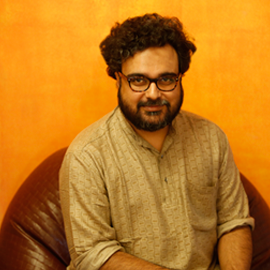





![BJP's Kapil Mishra recreates Shankar Mahadevan’s ‘Breathless’ song to highlight Delhi pollution [WATCH] BJP's Kapil Mishra recreates Shankar Mahadevan’s ‘Breathless’ song to highlight Delhi pollution [WATCH]](https://images.catchnews.com/upload/2022/11/03/kapil-mishra_240884_300x172.png)

![Anupam Kher shares pictures of his toned body on 67th birthday [MUST SEE] Anupam Kher shares pictures of his toned body on 67th birthday [MUST SEE]](https://images.catchnews.com/upload/2022/03/07/Anupam_kher_231145_300x172.jpg)


